
You Never Forget Your First
Alexis Coe
A fresh and insightful biography of George Washington, exploring the myths and realities of America's first president. This biography challenges traditional narratives and offers a nuanced portrait of the man behind the marble facade.

Empire of Pain
Patrick Radden Keefe
An explosive account of the Sackler family, the dynasty behind Purdue Pharma, and their role in the opioid crisis. From their philanthropic endeavors to the marketing of OxyContin, this book uncovers the hidden history of a family whose name adorns museums and universities, while their company fueled a devastating epidemic.

Expect the Unexpected
Anthony S. Fauci
An intimate self-portrait of one of the world’s most admired public servants, Expect the Unexpected is a compelling story of science, medicine, and leadership in times of crisis. From his Brooklyn boyhood to the National Institutes of Health, delve into the life and lessons of Dr. Anthony Fauci.
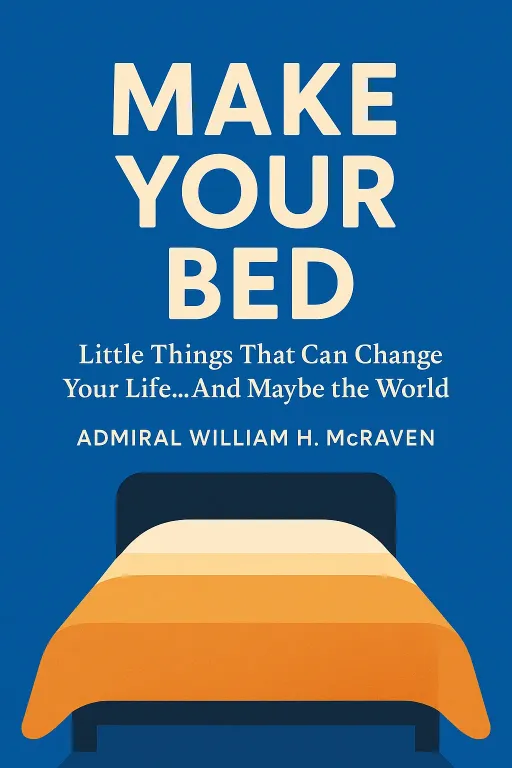
Make Your Bed
Admiral William H. McRaven
Based on Admiral McRaven's 2014 University of Texas commencement speech, this book shares ten life lessons learned from Navy SEAL training. Each chapter provides context to the individual lessons and adds a short story about some of the people who inspired him with their discipline, their perseverance, their honor, and their courage. Discover how simple acts can lead to extraordinary changes in your life and potentially the world.
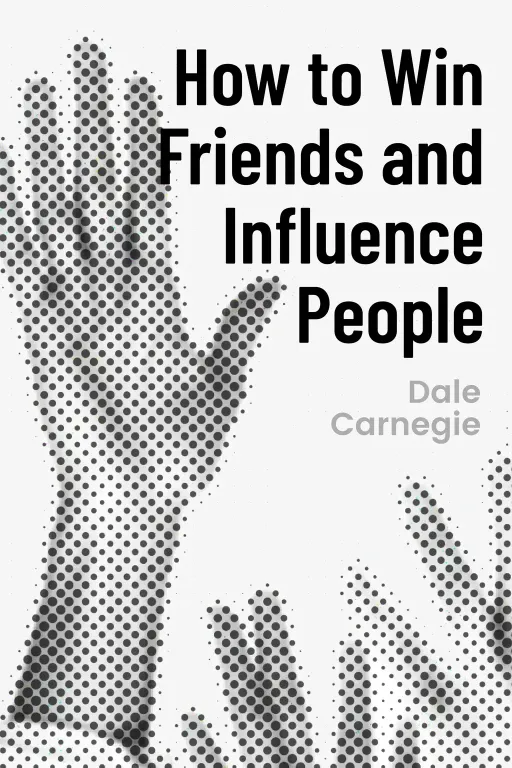
How to Win Friends and Influence People
Dale Carnegie
A timeless guide to mastering the art of human relations, offering practical techniques and principles for making friends, influencing others, and achieving success in both personal and professional life. Discover the secrets to becoming a more likable, persuasive, and effective communicator.
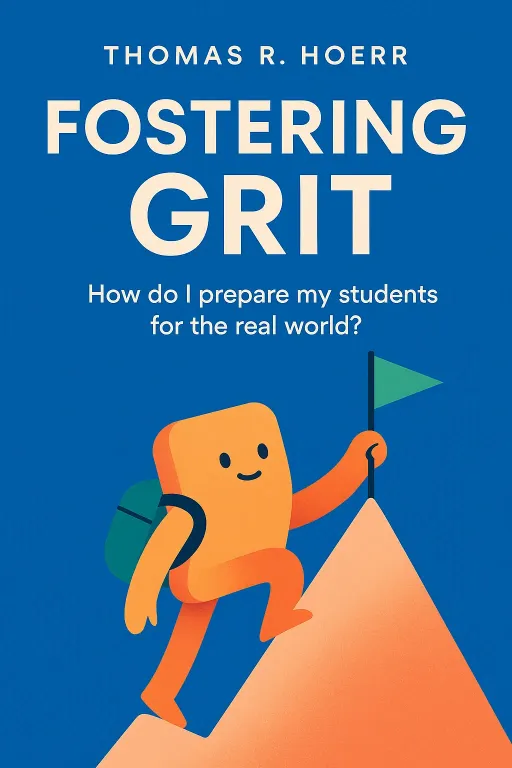
Fostering Grit
Thomas R. Hoerr
Explore strategies for cultivating grit in students, equipping them with the tenacity, perseverance, and resilience needed to thrive in the face of real-world challenges. Learn how to create supportive environments, set expectations, and teach the vocabulary of grit, empowering students to embrace frustration and turn failures into valuable learning experiences.
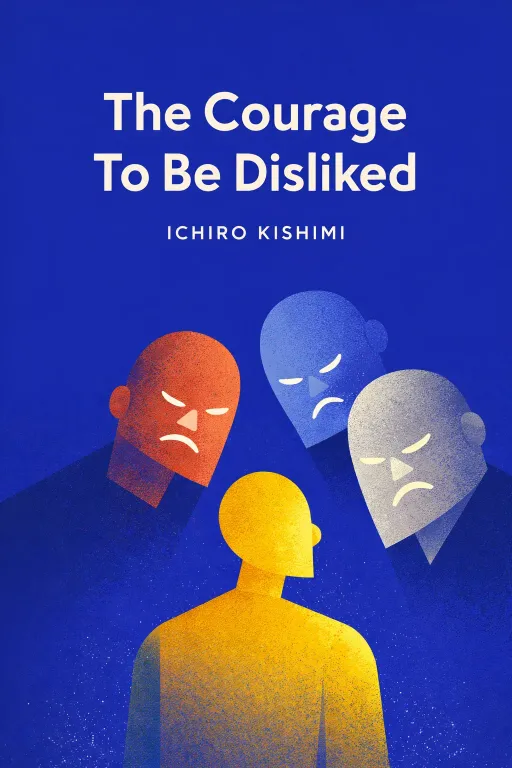
The Courage to Be Disliked
Ichiro Kishimi
"The Courage to Be Disliked" is a transformative guide that unlocks the power within you to become the person you truly want to be. Written by Ichiro Kishimi and Fumitake Koga, this global bestseller illuminates the profound insights of Alfred Adler, one of the three giants of 19th-century psychology alongside Freud and Jung. The book unfolds as an accessible, narrative dialogue between a cynical young man and a philosopher. Through their debate, the authors challenge the conventional wisdom that our past trauma determines our future. Instead, they argue that people can change at any moment; the only thing standing in the way is the courage to do so. At its heart lies the liberating concept of the "separation of tasks": the realization that all problems are interpersonal relationship problems. To be truly free, one must stop seeking recognition from others and accept that being disliked is a necessary cost of living authentically. By focusing on the "here and now" rather than the past, this book offers a philosophical yet practical roadmap to lasting happiness and the freedom to craft your own life story.
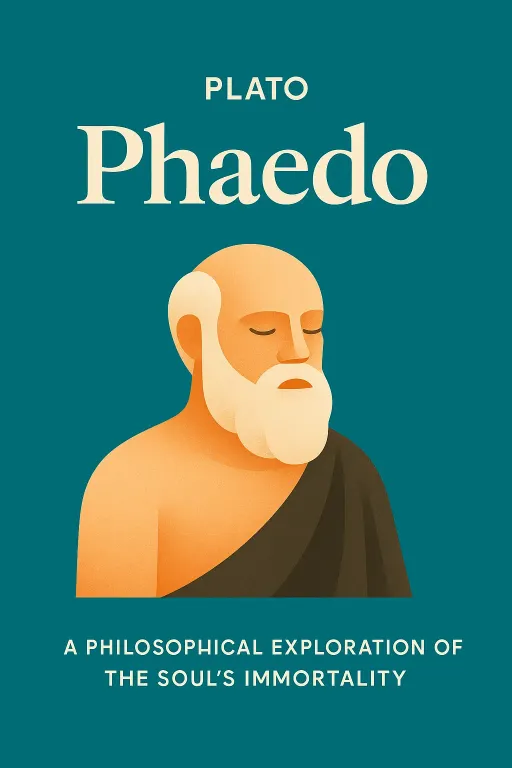
Phaedo
Plato
A philosophical exploration of the soul's immortality, set during Socrates' final hours. Delve into Plato's profound dialogue as Socrates contemplates life, death, and the pursuit of wisdom, offering solace and hope in the face of mortality.